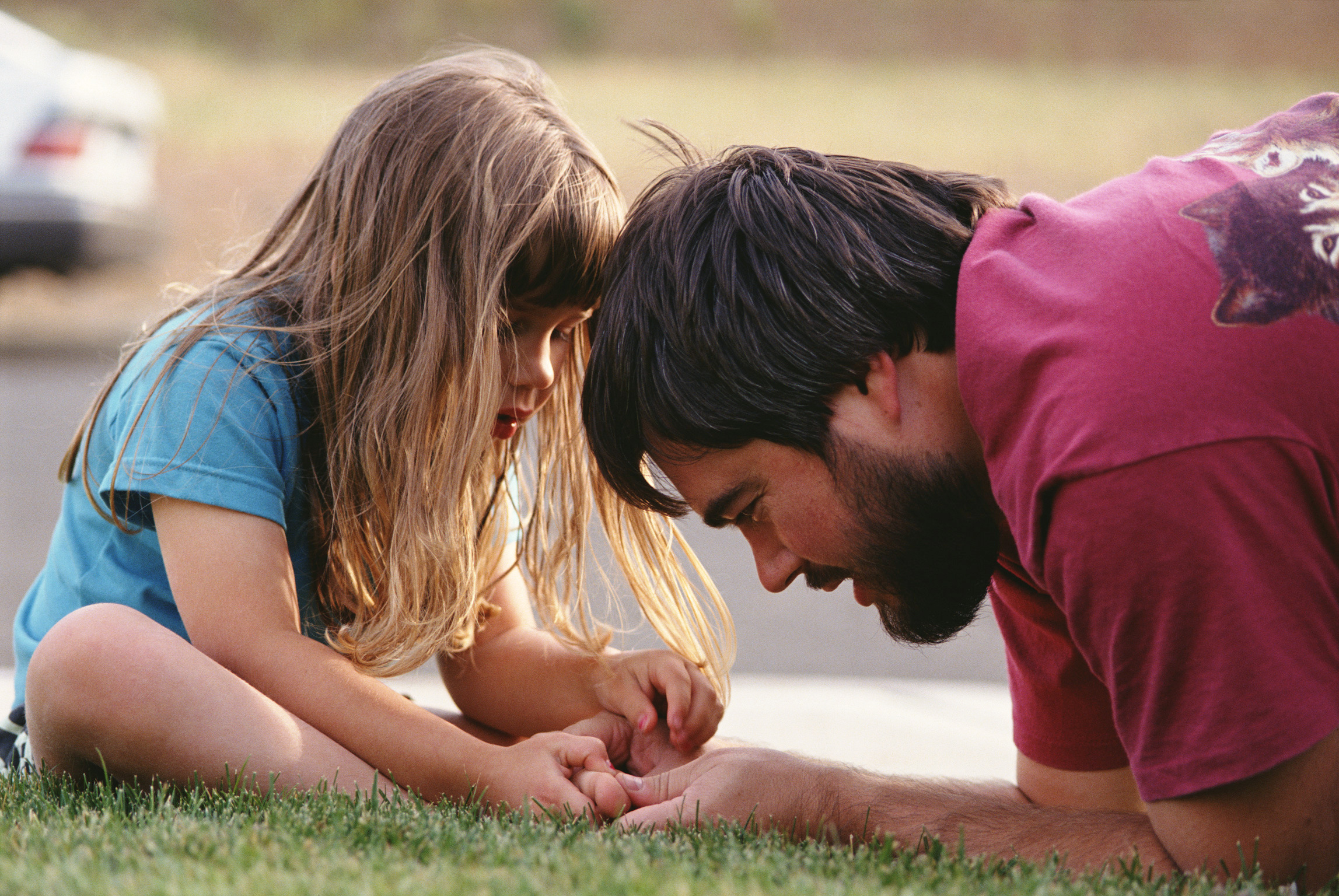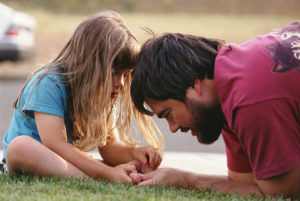When a divorce involves minor children, the parties must decide who will be the primary residential parent and when the other parent will exercise parenting time with the children. If the parties cannot agree, the court may have to make decisions relating to custody of the children. In that case, the court may order an evaluation by a child custody evaluator to help the court make decisions. A Murfreesboro child custody lawyer at Bennett, Michael & Hornsby explains what a child custody evaluator does and why one might be needed in your divorce.
Child Custody Basics
Most of us use the term “custody” on a regular basis; however, the State of Tennessee now uses the terms “primary residential parent” and “alternative residential parent” in place of the term “custody” to refer to the roles of divorced parents. During a divorce, parents must negotiate and submit a Parenting Plan to the court. The parenting plan must designate which parent is the primary residential parent, meaning the parent with whom the child lives most of the time and which parent is the alternative residential parent. If the parents cannot agree on these designations, or on anything else required to be included in the Parenting Plan, the court must ultimately decide. The same applies if one parent wants to modify an existing Parenting Plan and the other parent objects to the modification. All decisions made by a judge that involve a minor child must be made using the “best interest of the child” standard.
What Is a Child Custody Evaluator?
One of the tools available to a judge when deciding issues related to custody of a minor child is an evaluation conducted by a licensed child custody evaluator. In Tennessee, a child custody evaluator is typically a licensed psychologist or psychiatrist. The child custody evaluator is ordered by the court to conduct an independent, fair, and neutral evaluation. This is not a professional who has previously treated or evaluated anyone involved in the case, including the child and both parents. The evaluator is charged with providing a report to the court that will help the judge make a decision that is in the best interest of the child(ren).
What Happens During a Child Custody Evaluation?
When custody of a child is disputed, the litigation process can be extremely contentious, and emotions tend to run high. A child custody evaluator tries to sift through all of that and get a better idea of what is best for the child. To do that, the evaluator will likely do (at a minimum) the following:
- Conduct several interviews with both parents (and stepparents if applicable in the case of a modification of custody)
- Interview the child if the child is old enough or observe if the child is too young to be interviewed.
- Conduct psychological testing of parents and/or child if appropriate
- Talk to other adults in the child’s life, such as teachers, doctors, neighbors, family members
- Observe the interaction between each parent and the child
- Review relevant documents, such as school report cards and/or conduct reports
Knowing that someone is evaluating you as a parent can be nerve-racking; however, it is important to be as open and honest as possible if a child custody evaluation is ordered in your case. The evaluator is not looking for a perfect parent. Instead, the evaluator is looking at things such as the bond and interaction you have with your child, your ability to provide a safe and loving home, and how you interact with the other parent. All of that is ultimately used by the court to determine what is in the best interest of the child.
Contact a Murfreesboro Child Custody Lawyer
If you have additional questions about what a child custody evaluator does or how to prepare for a child custody evaluation, it is important that you consult with an experienced Murfreesboro child custody lawyer to ensure that your rights are protected. Contact the team at Bennett, Michael & Hornsby as soon as possible by calling 615-898-1560 to schedule your free appointment.
- The Art of Successful Co-Parenting During Divorce - April 19, 2024
- Elder Financial Exploitation: How to Protect Seniors - April 12, 2024
- How to Obtain Guardianship of a Minor in Tennessee - April 2, 2024





